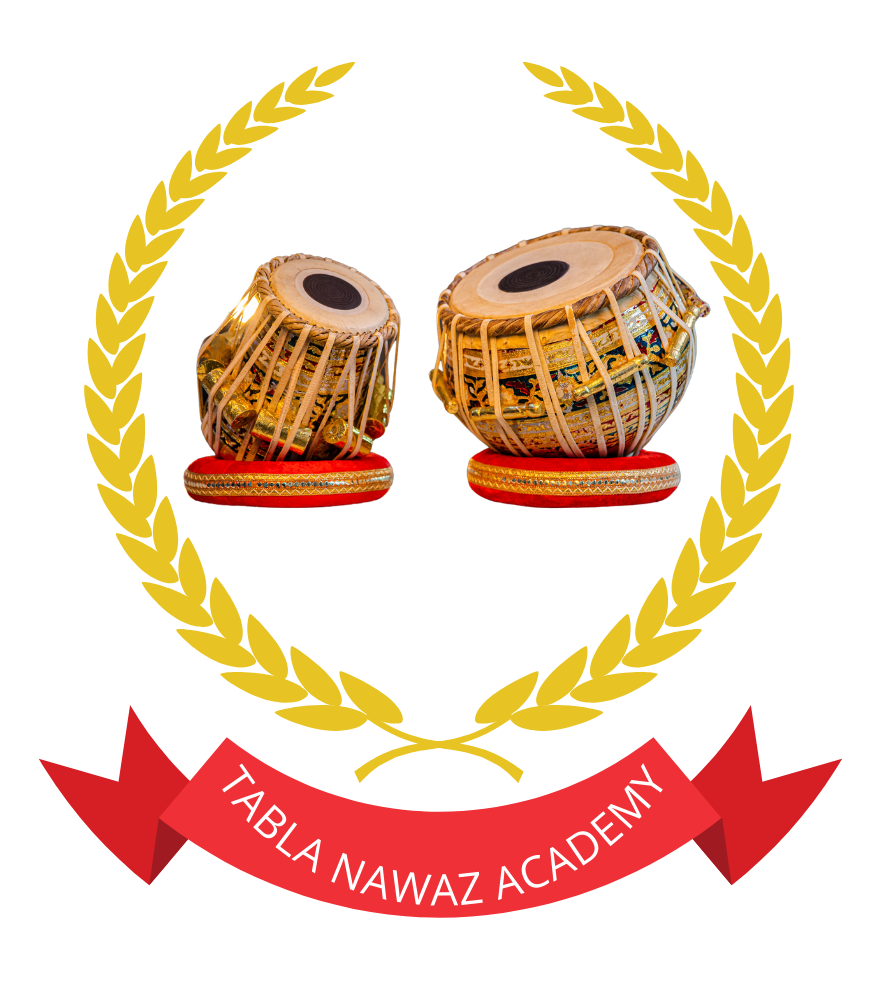Visharad Year 2: The Final Test of Skill and Spirit in Instrumental Music, Introduction: Where Passion Meets the Final Hurdle, For every student of Indian classical music, the Visharad journey is a marathon, not a sprint. By the time you reach Visharad Year 2 – Final, you’ve already poured years of discipline, practice, and emotional investment into your art. This stage isn’t just an exam; it’s the final proving ground—a space where technique, expression, and mental resilience converge. Whether your chosen instrument is the tabla, sitar, flute, sarod, harmonium, or veena, this moment tests not only your skill but your inner strength.
The Significance of Visharad Year 2



In most music institutions, Visharad is considered equivalent to a bachelor’s degree in classical music. The Year 2 Final marks the completion of advanced study—where a student transitions from being a learner to an independent performer.
Positive side: You’ve developed a deep relationship with your instrument, built an extensive repertoire, and refined your improvisation skills. Negative side: The expectations are higher, the syllabus more intricate, and the margin for error far smaller.
This dual nature—rewarding yet demanding—is what makes the Visharad final year such a transformative experience.
The Syllabus: A Mountain to Climb
The Visharad Year 2 final syllabus typically includes:
- Advanced Ragas and Compositions: Playing complex ragas in vilambit, madhya, and drut laya with proper ornamentation and emotional depth.
- Layakari and Taal Mastery: Demonstrating rhythmic intricacies such as tihais, chakradars, and cross-rhythms.
- Improvisation Skills: Alaap, jor, jhala for melodic instruments; peshkar, rela, gat, tukra for percussion.
- Theory Examination: Detailed knowledge of historical context, gharana styles, and musicology.
While exhilarating for passionate musicians, this volume of material demands precision and stamina—both mental and physical.
Challenges Faced by Students
- Time Pressure – Balancing daily life, academic studies, and hours of practice.
- Performance Anxiety – The fear of making a mistake in front of the examiners can overshadow even the most prepared student.
- Physical Fatigue – Repeated, long practice sessions can lead to hand strain (tabla), finger soreness (string instruments), or breath fatigue (wind instruments).
- Artistic Block – Some students struggle to find creative flow under exam conditions.
The challenge is real—but so is the reward.
Moments of Triumph
When the practice finally clicks, the magic begins:
- The fingers glide over the strings without hesitation.
- The bols of the tabla fall perfectly into place, resonating with clarity.
- The improvisation flows like an unbroken stream of thought.
These moments remind you why you started your musical journey in the first place.
Balancing Technique and Spirit
The Visharad Year 2 final isn’t just about technical perfection. In Indian classical music, bhaav (emotion) is as vital as accuracy. A note played mechanically is empty; a note played with intent carries rasa—the emotional essence of the music.
Examiners look for:
- Technical skill
- Originality in improvisation
- Stage presence and confidence
- Emotional depth in presentation
It’s this blend of science and soul that makes the final exam a test of spirit as much as a test of skill.
Tips for Success in the Final Year
- Structured Practice: Dedicate specific time to each section—don’t just play what you’re already good at.
- Mock Performances: Play in front of friends, family, or small audiences to reduce performance anxiety.
- Record Yourself: Listening to recordings helps you spot flaws you don’t notice while playing.
- Health and Rest: Take care of your body; a tired hand or strained voice can derail months of preparation.
- Study the Theory: Examiners often reward students who can explain the why behind their playing.
The Emotional Payoff
The day you pass your Visharad Year 2 final, you carry not just a certificate but a badge of perseverance. You’ve mastered a significant chapter in your musical journey, gained the respect of peers, and stepped into the circle of serious practitioners.
Some go on to teach, some begin performing professionally, and others use this milestone as a stepping stone for Sangeet Alankar (post-graduate level). Regardless of the path, the confidence earned is priceless.
Conclusion: More Than Just an Exam
The Visharad Year 2 final in instrumental music is the crucible where skill is refined into artistry. Yes, it’s demanding. Yes, it can be exhausting. But it’s also deeply rewarding—turning years of disciplined practice into a performance that’s uniquely yours.
When you sit before the examiners, instrument in hand, remember this: you’re not just playing for marks—you’re offering a piece of your soul, shaped by every note you’ve practiced, every challenge you’ve overcome, and every moment you fell in love with music all over again.
So, to every student preparing for this final test—play with precision, play with passion, and let your spirit sing through your instrument.
If you want, I can also create a side-box section listing “Common Visharad Exam Mistakes and How to Avoid Them” to make the blog even more practical. Would you like me to add that?
https://www.facebook.com/sbsinghtablaguru
https://www.youtube.com/@BhagawanSingh


